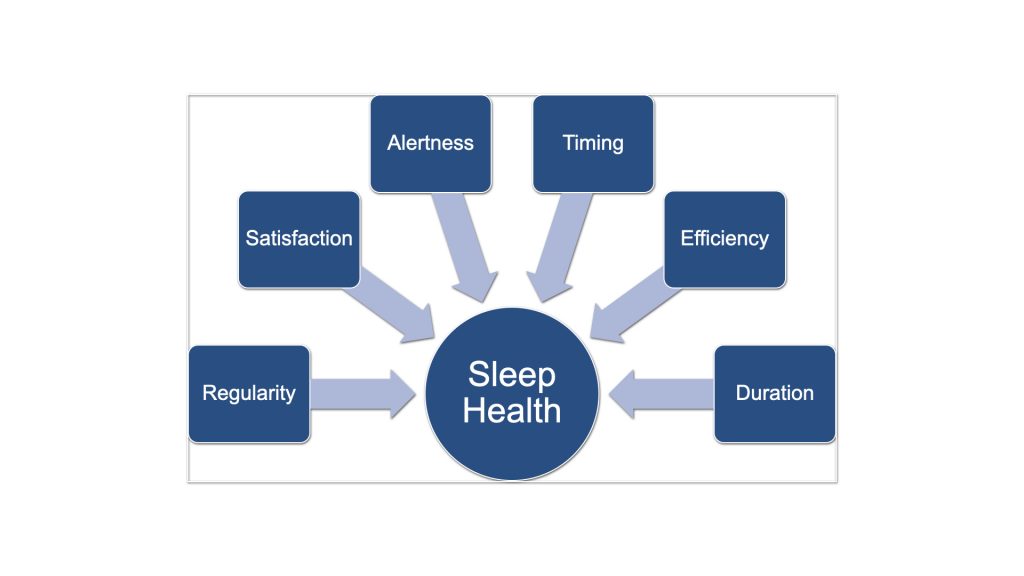Healthy Sleep – What it is and Why it Matters
Chances are that when reading about sleep you’ll have come across the term ‘healthy sleep’ or ‘sleep health’. Often there isn’t much of an explanation what those terms refer to and you might have wondered what they actually mean. What is healthy sleep? And after all, isn’t all sleep healthy? Good questions! Well to answer the second question first: no, not all sleep is healthy. But we can do a lot to make it healthy!
What is sleep health?
Although the term sleep health has been used here and there in the literature around sleep for a while, Professor Daniel Buysse was one of the first to attempt to define it. More than that he proposed a way to measure it. After all what use is a definition of health if you then can’t measure it to see how you’re doing?
The way I understand the term sleep health is that it is looking at sleep from a positive vantage point. Rather than just making it about not having a sleep disorder or problem it looks at how well your sleep enables you the individual, to perform at your best and feel good while going about your daily life. Sleep is the foundation of our physical, cognitive and emotional health and well-being. To make it easy I call these the ‘three pillars of health and well-being.’
When your sleep is healthy your foundation is solid; the pillars are supported. However, when sleep health is compromised, your foundation is cracked, and your pillars start to wobble which compromises your overall health and well-being.
You can measure sleep health by assessing a number of sleep dimensions which are linked to our overall health. There are two models that aim to measure sleep health in the general population:

SLEEP 2014;37(1):9-17.
RU SATED:
I already mentioned Professor Daniel Buysse, his model comprises six dimensions of sleep to measure the health of your sleep: Regularity, Satisfaction (sleep quality), Alertness (during wake), Timing, Efficiency, and Duration. They can easily be remembered as RU SATED1, the model’s name.
The Sleep Health Index:
The National Sleep Foundation, a non-profit organisation in the USA, developed a scale called the Sleep Health Index2 (SHI) which considers the following three dimensions: Sleep Quality, Sleep Duration, and Disordered Sleep. I am not sure what a helpful acronym or mnemonic for the three aspects would be though. SQSDDS isn’t that easy to remember!
. . .
All of these dimensions can be assessed easily via simple questionnaires and journals that capture data linked to the dimensions described. Both have a scoring system where a higher score is indicative of better sleep health, however the RU SATED scale has yet to be validated.
The concept of sleep health promotes sleep’s fundamental role to good health and wellbeing. Sleep health is thus a vital ingredient for a living a healthy life – a rich and meaningful life. The notion also encourages us to take on a proactive attitude to health management. It becomes important to look at sleep health more broadly and what goes well when we have healthy sleep in addition to how poor sleep has an impact on health and well-being. (I briefly discussed this in my book Sleep Sense and Professor Buysse might take a similar stance on this.)
Assessing the different dimensions of your sleep (either three or six depending which tool is used) helps you (and your sleep specialist if you have one!) identify which area you can improve on. Then working alone or together you can decide what specific actions to take to actually make this happen. If you do this survey year after a year or if your workplace does it as part of an annually wellbeing event, then you can compare scores and see how sleep health is developing – on an individual and organisational or even population level.
Sleep health is a spectrum, it is not a fixed state, and we can always improve or deteriorate. That means that our sleep behaviour counts over a period of time, not just one or two nights. It’s a life-long process.
What is healthy sleep?
All of this helps us answer the first question ‘What is healthy sleep?’ Given the models of ‘sleep health’ discussed above, healthy sleep can be defined as sleep that scores well on the dimensions of either the RU SATED or the Sleep Health Index – i.e. sleep that is of good quality, of the right length for an individual, satisfying, regular and leaves the waking sleeper feeling alert and refreshed.
If you want to learn more about how I can help you sleep well and feel good, book an exploratory call with me.
Warmly,
Dr Kat

References:
1 Buysse DJ. Sleep health: can we define it? Does it matter?
2 Knutson K, et al. The National Sleep Foundation’s Sleep Health Index.
